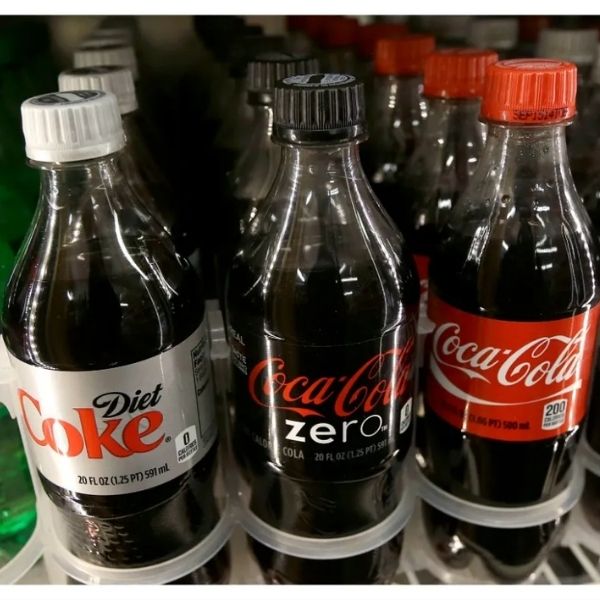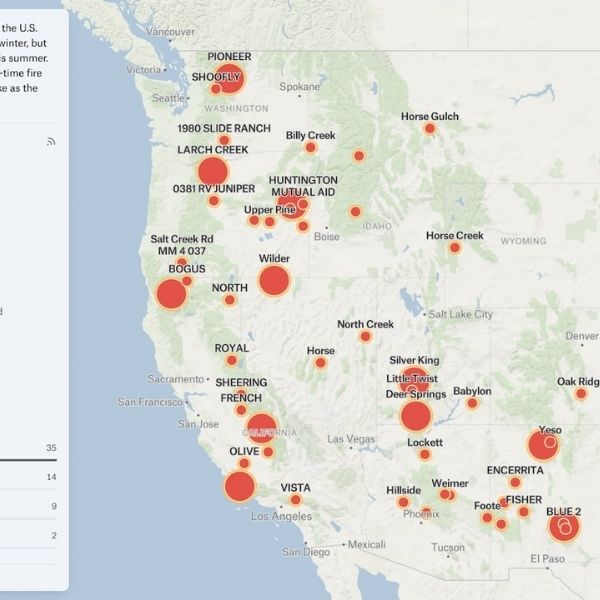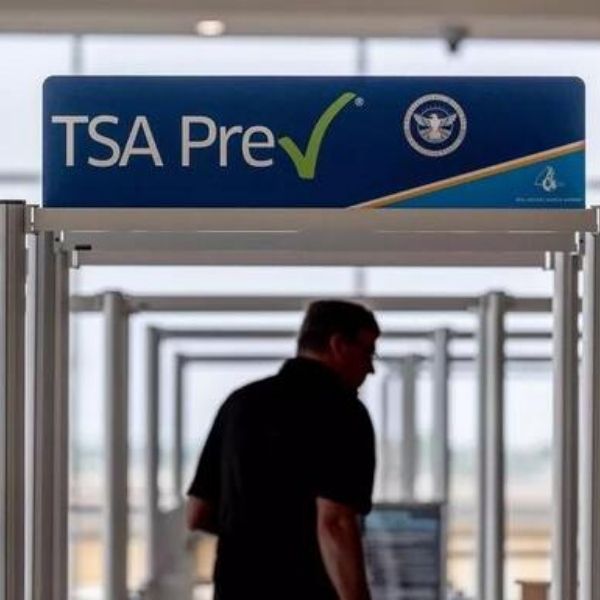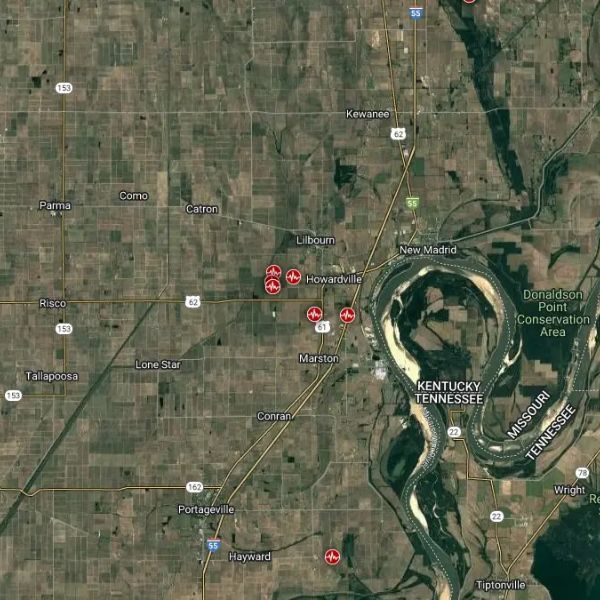Republican-led states are leading efforts to ban soda and candy from food stamp programs, a push tied to Robert F. Kennedy Jr.’s “Make America Healthy Again” (MAHA) movement, which is drawing support across traditional political lines.
Colorado is the only Democratic-led state to have an approved soda ban waiver and the only one to pair the restriction with an expansion of SNAP benefits. Both parties have at times shown interest in removing soda from SNAP, but the Trump administration was the first to actively encourage states to take that step.
In the past, soda regulations were mostly championed in Democratic-run cities, like when former New York City Mayor Michael Bloomberg tried to ban large sugary drinks in 2013. Now, under the MAHA banner, many Republican states are pushing similar restrictions.
Kennedy does not oversee SNAP — that responsibility belongs to the USDA — but he has worked alongside Agriculture Secretary Brooke Rollins to promote soda and candy bans. In the first six months of the administration, the USDA has approved 12 state waivers restricting SNAP purchases of certain sugary drinks and candy.
Kennedy said at a recent press conference that while people should be free to buy soda, taxpayers shouldn’t have to pay for it. The states with approved waivers are Arkansas, Colorado, Florida, Idaho, Indiana, Iowa, Louisiana, Nebraska, Oklahoma, Texas, Utah, and West Virginia.
SNAP currently allows recipients to buy nearly all grocery store food and drinks except alcohol, supplements, and hot prepared foods. Anti-hunger advocates say restricting purchases can be stigmatizing and paternalistic. Nutrition experts note that while sugary drinks are the top source of added sugar in the U.S. diet, there is little evidence that SNAP soda bans improve health outcomes. There is even less evidence supporting restrictions on candy and desserts.
The waivers are for pilot programs, meaning they won’t immediately lead to permanent changes. Supporters say they provide an opportunity for research, but critics like UNC professor Barry Popkin see them as largely symbolic. Some Republicans have also viewed soda bans as a way to cut SNAP spending.
The Foundation for Government Accountability, a conservative think tank, has been advocating for such waivers for over a decade as part of a broader effort to reduce public assistance programs. Critics fear these restrictions could pave the way for benefit cuts.
Some nutrition advocates say bans should be paired with expanded access to healthy food — something Colorado’s waiver includes but red state waivers do not. Gov. Jared Polis called Colorado’s policy a step toward better public health, though the state is still waiting on approval for a separate request to allow SNAP purchases of certain hot foods.
Democratic governors in Kansas and Arizona have vetoed bills calling for similar waivers, citing concerns about inconsistency between states and unintended consequences, such as banning items like protein bars while still allowing candy.
Kennedy said more Democratic governors have privately expressed interest in waivers, though they may avoid the MAHA label due to its partisan associations. Rollins emphasized that the issue should be bipartisan, saying the USDA is working with both Republican and Democratic states.
This article has been carefully fact-checked by our editorial team to ensure accuracy and eliminate any misleading information. We are committed to maintaining the highest standards of integrity in our content.

Katie is a senior who has been on staff for three years. Her favorite type of stories to write is reviews and features. Katie’s favorite ice cream flavor is strawberry.















Leave a Reply